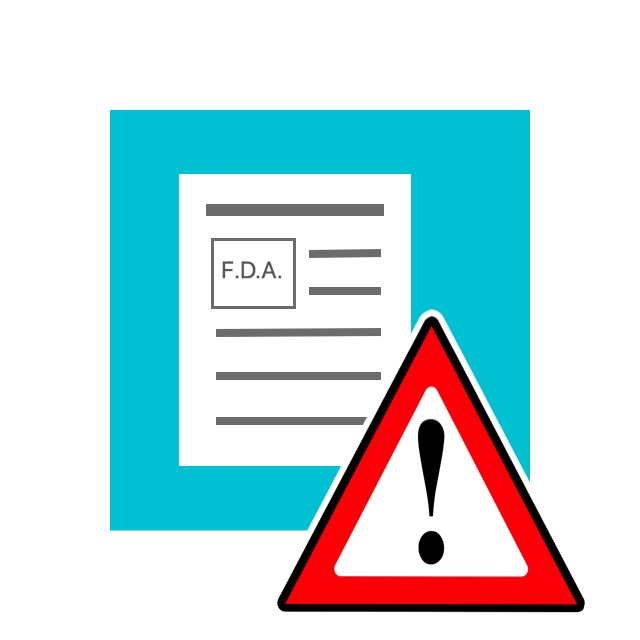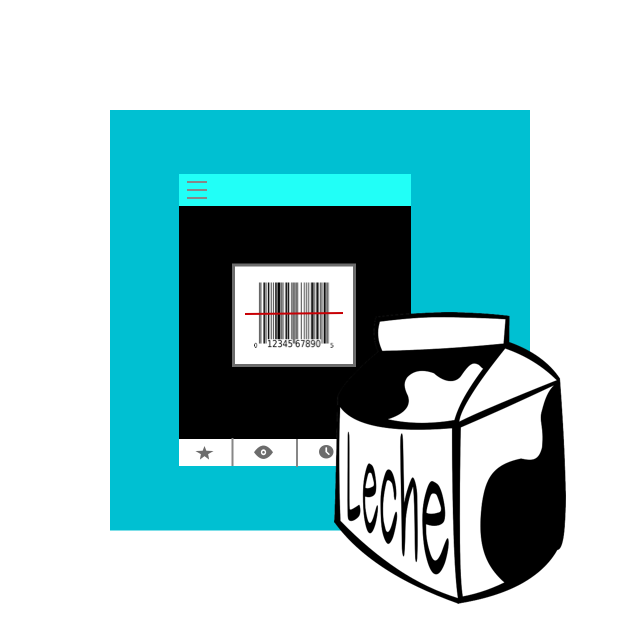
Maternal consumption of eggs during the early neonatal period has no significant effect
READ ARTICLE HIDE ARTICLE
Japan: New research published in JAMA Network Open indicates that maternal consumption of eggs during the early neonatal period has no significant effect on the eventual development of egg allergy (EA) in infants.
The study, led by Dr. Mitsuyoshi Urashima and his team from Jikei University School of Medicine in Japan, aimed to explore the hypothesis that administering eggs through breastfeeding in the early neonatal period could serve as a low-dose oral immunotherapy to prevent egg allergy.
The multicenter randomized controlled trial (RCT) involved neonates with at least one parent having a medically diagnosed allergic disease, which was considered a high-risk factor for food allergy development. The study excluded neonates with certain criteria such as gestational age below 37 weeks and birth weight less than 2300 g.
Mothers and their neonates were randomly assigned to either the maternal egg consumption (MEC) arm or the maternal egg elimination (MEE) arm. In the MEC group, mothers consumed one whole boiled egg per day between 0 and 5 days after delivery, while eggs were eliminated from the diet of mothers in the MEE group during the same period. Following discharge from the hospital, no dietary restrictions were imposed on either group.
Blood assessments were conducted at 4 and 12 months of age, to evaluate egg sensitization, and an oral food challenge (OFC) was performed if specific criteria were met. The primary outcome of the study at 12 months was the presence of egg allergy, determined by positive sensitization to egg allergens and confirmed through OFCs or immediate symptoms after egg ingestion.
· The study included 380 newborns, with 367 being followed up for 12 months.
· The researchers found that the MEC group had higher proportions of neonates with detection of ovalbumin and ovomucoid in breast milk compared to the MEE group on days 3 and 4 following delivery.
· At 12 months of age, there were no significant differences in the prevalence of egg allergy (9.3% vs. 7.6%) or sensitization to egg white (62.8% vs. 58.7%) between the MEC and MEE groups.
· No adverse effects were reported during the study.
These findings suggest that maternal consumption of eggs during the early neonatal period does not have a significant impact on the development of egg allergy in infants. The study provides important insights into the relationship between maternal diet and the prevention of food allergies in high-risk infants. Further research is needed to explore other potential preventive strategies for egg allergy and other food allergies in infants.
Reference:
Nagakura K, Sato S, Shinahara W, et al. Effect of Maternal Egg Intake During the Early Neonatal Period and Risk of Infant Egg Allergy at 12 Months Among Breastfeeding Mothers: A Randomized Clinical Trial. JAMA Netw Open. 2023;6(7):e2322318. doi:10.1001/jamanetworkopen.2023.22318
Dr Kamal Kant Kohli-MBBS, DTCD- a chest specialist with more than 30 years of practice and a flair for writing clinical articles, Dr Kamal Kant Kohli joined Medical Dialogues as a Chief Editor of Medical News. Besides writing articles, as an editor, he proofreads and verifies all the medical content published on Medical Dialogues including those coming from journals, studies,medical conferences,guidelines etc. Before Joining Medical Dialogues, he has served at important positions in the medical industry in India including as the Hony. Secretary of the Delhi Medical Association as well as the chairman of Anti-Quackery Committee in Delhi and worked with other Medical Councils in India. Email: editorial@medicaldialogues.in. Contact no. 011-43720751
Learn More from Daily





